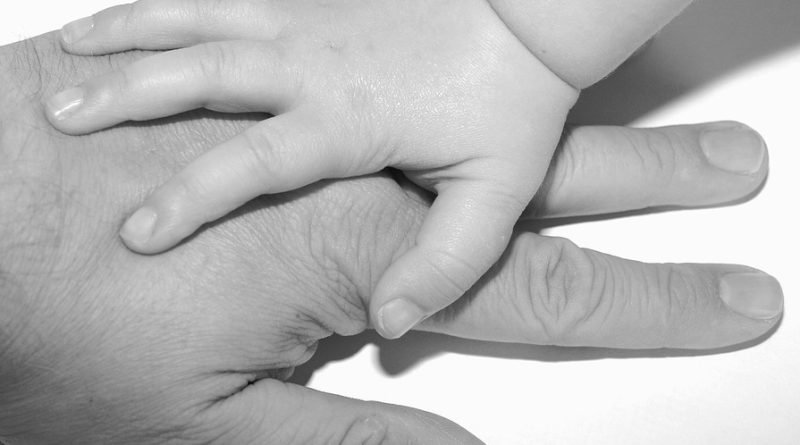Good Parents, Bad Parents: What Sets Them Apart?
Good Parents, Bad Parents: What Sets Them Apart?
Parenting is perhaps one of the most challenging and important tasks that anyone can undertake. Good parents strive to raise happy, healthy, and well-adjusted children, while bad parents can have a lasting negative impact on their child’s life. So what sets good parents apart from bad parents?
One major difference between good parents and bad parents is their level of involvement in their child’s life. Good parents are actively involved in their children’s lives, providing guidance, support, and encouragement. They take the time to get to know their children, their interests, and their strengths and weaknesses. They are present at important milestones, such as school events, games, and performances. Bad parents, on the other hand, may be neglectful or indifferent to their children’s needs. They may be too busy with their own lives to spend quality time with their children, leaving them feeling neglected and unimportant.
Communication is another key factor that sets good parents apart from bad parents. Good parents communicate openly and honestly with their children, encouraging them to share their thoughts and feelings. They listen attentively and provide guidance and advice when needed. Bad parents may be dismissive of their children’s feelings or thoughts, leaving them feeling unheard and unsupported.
Discipline is also an important aspect of parenting that can distinguish good parents from bad parents. Good parents set clear expectations and boundaries for their children, helping them understand right from wrong. They use positive reinforcement and constructive criticism to guide their children’s behavior. Bad parents may be inconsistent with their discipline or overly harsh, leading to confusion and resentment in their children.
Ultimately, good parents put their children’s needs above their own, making sacrifices when necessary and always striving to provide a loving and supportive environment. They are patient, compassionate, and understanding, even when faced with challenges and difficult situations. Bad parents, on the other hand, may be selfish or neglectful, failing to prioritize their children’s well-being.
In conclusion, the differences between good parents and bad parents are clear. Good parents are present, communicative, and disciplined in their approach to raising children, while bad parents may be absent, dismissive, or overly harsh. It is important for all parents to strive to be the best they can be for their children, as their influence can have a lasting impact on their child’s life.
